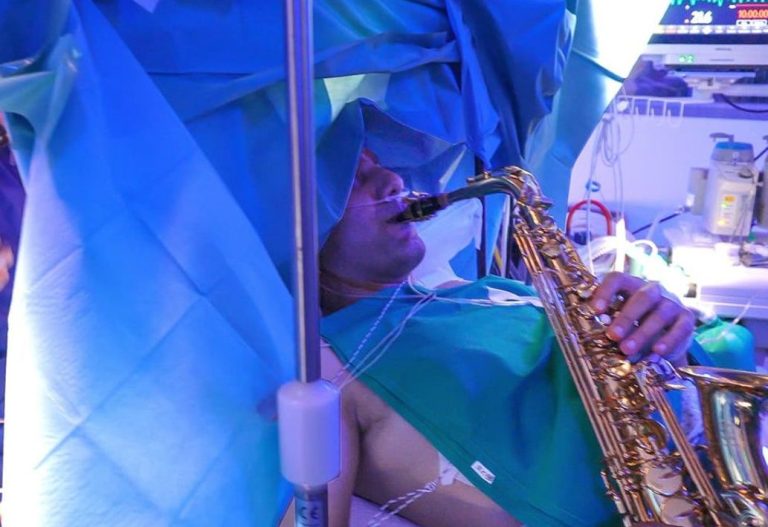We know stretching and exercising strengthens the body — but what about the mind? A Wake Forest School of Medicine study, presented at the Alzheimer’s Association International Conference in early August, set forth to examine this question. The results showed that moderate aerobic exercise and low-intensity stretching stalled cognitive decline in elderly participants who had exhibited signs of early onset Alzheimer’s disease.
Funded by the National Institute on Aging (NIA), the clinical trial evaluated whether regular exercise could benefit people with amnestic mild cognitive impairment (MCI), which primarily affects memory in older adults and increases the risk of Alzheimer’s or related dementias. MCI is the “stage between the expected cognitive decline of normal aging and the more serious decline of dementia,” Mayo Clinic explains.
Wake Forest coordinated the 18-month trial in partnership with YMCA and enrolled 296 participants aged 65 and above. Participants were assigned to two groups: one that engaged in intensity aerobic training, and the other in less intense stretching and range-of-motion exercises. YMCA trainers and staff supervised exercise sessions during the first 12 months of the study.
Cognitive function did not decline in either participant group over the 1.5-year testing period, which suggests that even mild exercise may have stalled cognitive decline attributed to MCI. Meanwhile, a comparison group of older adults with MCI who did not participate in routine exercise showed significant cognitive decline over the course of the study.
Overall, the exercise trial took over five years to conduct, making it the longest study involving MCI to date. Researchers began enrolling participants in September 2016 and concluded the study January 28.
“Our results were noteworthy given that the trial was conducted during the COVID pandemic,” said Laura Baker, the author of the study and Wake Forest School of Medicine Professor of Geriatric Medicine. “[Participants] received equal amounts of weekly socialization.”
Results from this trial highlight the need to continue public and private research investment of neurological disorders in older adults, said Dr. Heather M. Snyder, Alzheimer’s Association Vice President of Medical and Scientific Relations.
“Researchers are advancing our understanding of the disease by exploring biomarkers, discovering potential ways to reduce risk, and working to move promising treatments and diagnostic tools forward into clinical testing,” she said.
FDA-approved treatments for Alzheimer’s have largely focused on targeting beta-amyloid, a microscopic protein fragment that forms in the brain and accumulates into plaques. However, some reports in the medical community have raised questions on the efficacy of anti-amyloid antibody treatments, leading many scientists to switch gears. Maria Carrillo, chief science officer of the Alzheimer’s Association, said Baker’s research presents a more multifaceted approach in slowing the symptoms of dementia — something that is needed in the field.
“There’s just more understanding of the underlying biology and what potential treatments can impact the disease, which actually includes exercise,” Carrillo told USA Today.












